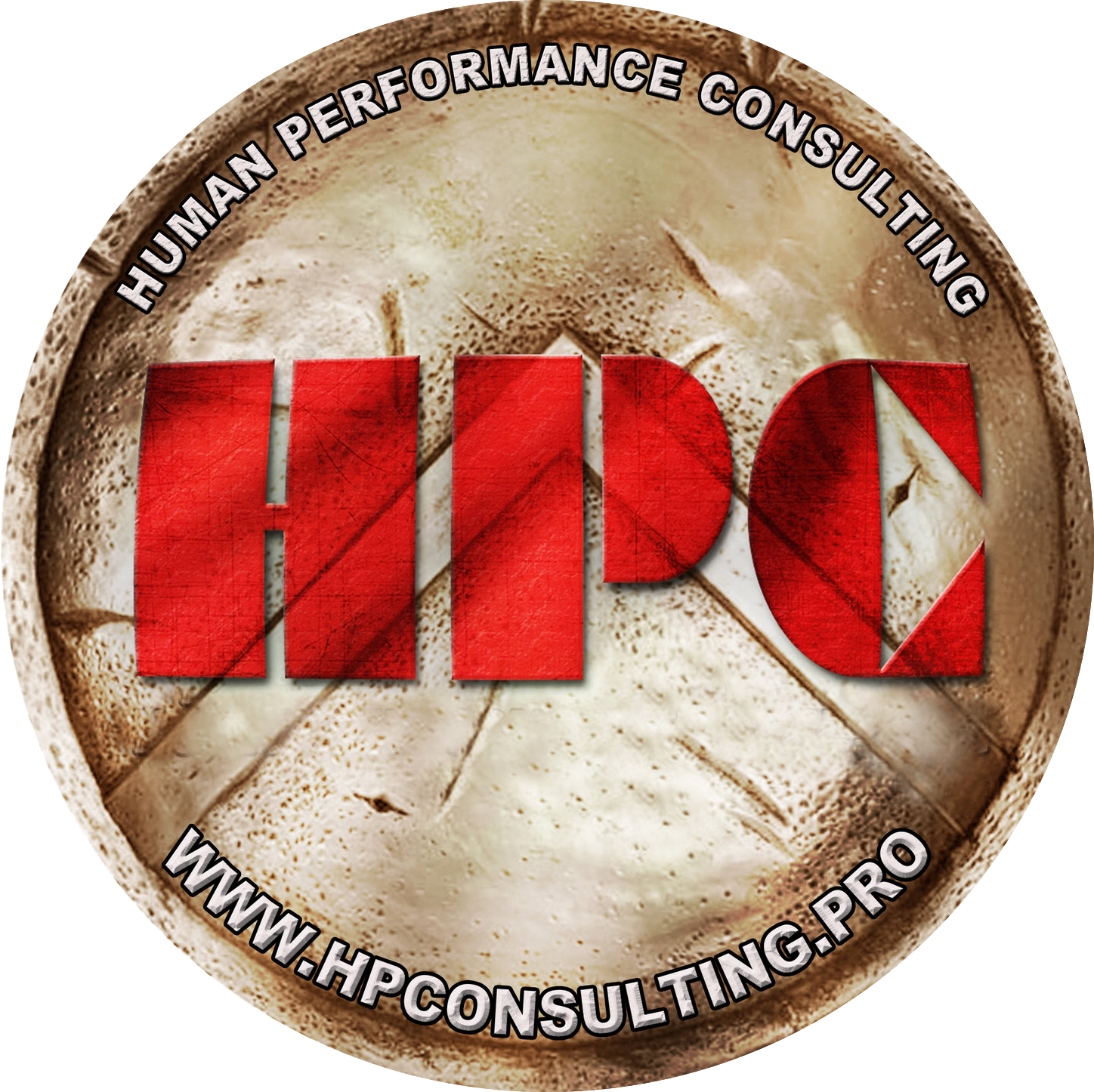Change is inevitable, growth is optional…
Change is a word and concept that has been used throughout the ages. Many songs have been written about it; it has been used in science with the greek symbol “delta”, and even has been the recent center piece for campaign slogans. Unfortunately, recent economic shifts have caused us to use the word even more than before. But what exactly is change? Do we react to it (roll with the punches) or do we use it to our advantage?
The word change actually means to make or become different (in verb form) or the instance of becoming different in noun form. Change can take many forms. It can come suddenly, such as a hurricane. Or it can come slowly, such as the natural aging process of all things, living and otherwise. Change can be internal or external, and can be both positive and negative. Change is very dependent on one’s point of view, perspective, or even coping mechanisms. If we view the world in a negative light, then all change is for the most part bad. If, however, we see the world through the eyes of the “glass is half full” lens, then change becomes a challenge that we take on with hunger and drive. The choice is predominantly ours to make. Having the will to see change in a positive way is what differentiates us from the reactive animals that are all around us. My wife always says, “change is inevitable, growth is optional.” That is so true. The option to grow lies deep within our own souls. In the place where FEAR (False Events Appearing Real) resides. We may be able to put on a facade to most people, but the person in the mirror never lies to you. To be able to truly embrace change is very, very difficult, but it can be done. Viewing change as a challenge is the first step. We all like or even love competition. Don’t let change get the best of you. Plan for it and be organized and ready to embrace it when it happens. Visualize what it will be like after the change. For example, if you are switching jobs soon, actually attempt to put yourself in the shoes of the new job; anticipate what it will feel like. Visualize a positive experience with little to no negativity. This will moderate any negative effects that may come your way. Finally, get out and exercise both your mind and your body. A strong immune system is resilient to change; a weak immune system will succumb to it.
When coaching individuals, we stress the importance of stretching our clients. When we stretch, we change. Period. Stretching is a good thing. It stimulates us to grow and to embrace what is around the next corner. This is exciting and keeps your brain firing, young, and vibrant. So change is actually a good thing.
One final note on change. Most of the time, change is a good thing. When change does not take place in our lives, we become complacent and stagnant. Complacency and stagnation can degrade your physical, mental, and spiritual states. That is why it is always good to “change things up a bit” in everything that you do; your diet, your workouts, your relationship with your spouse, the trips that you take with your kids, the route that you take when you go for a walk with your dog.
Assignment
Look at the things that are changing in your life and write them all down on a list. Can you find some positive elements in those changes? I know that some change can be painful, but finding meaning within that change will help you to get through it and perhaps even learn to thrive with it. At the very least, this exercise will grant you some added introspection and the ability to help others through their change. What can you learn from this change? What can you do to help others find meaning during similar periods of change?
I hope that this week, you will become more in tune with change and how to deal with it. Sometimes just thinking about things and communicating with someone alleviates some of the anxiety that we feel with change. Just remember that change is the one constant in our lives!
Dr. N

